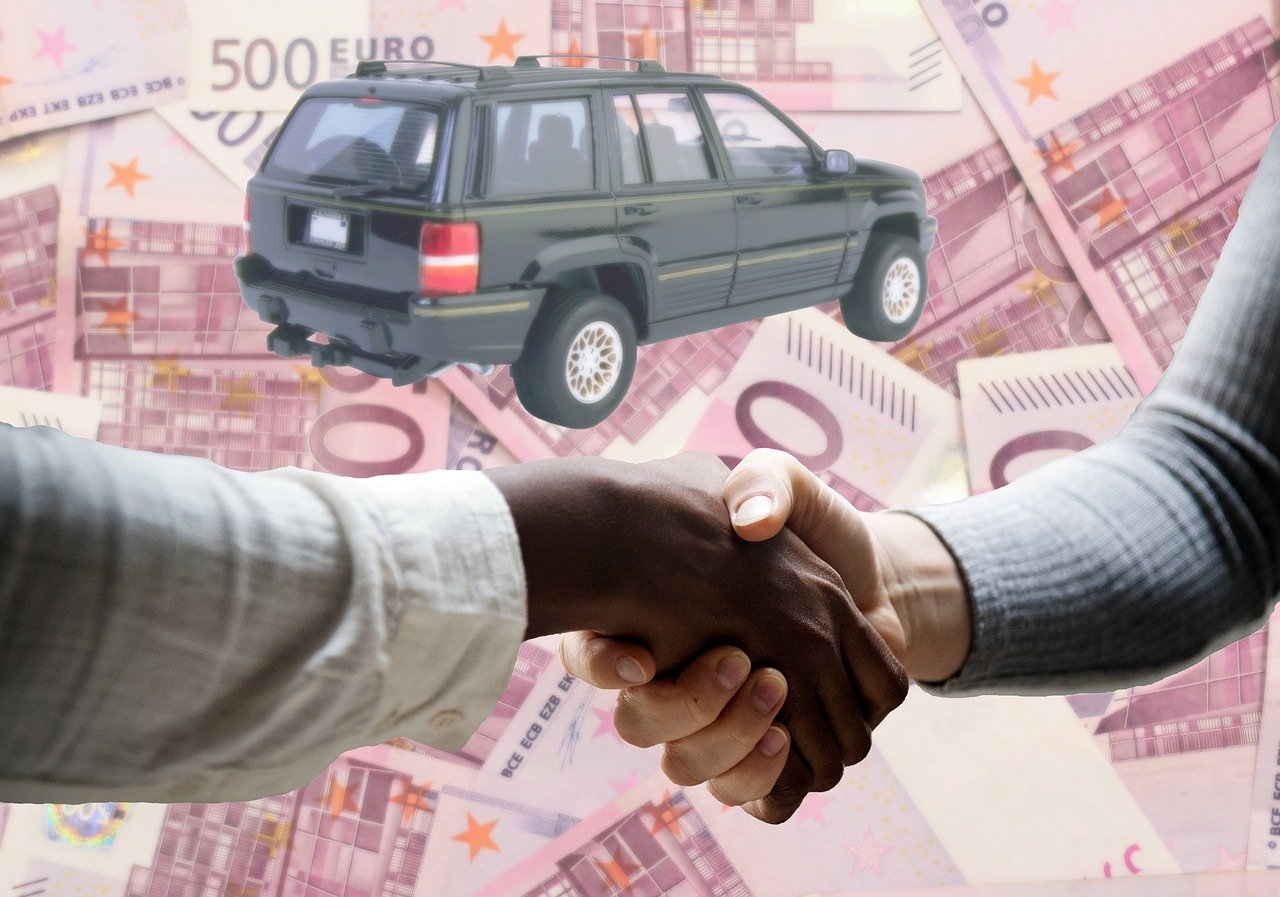How To Buy a Used Car Online and Not Get Screwed?
Buying cars online is nothing new. Yet, even with thousands of people making such deals on a daily basis, the Internet can be a dangerous place. According to the FBI, there were more than 30,000 instances of car-shopping fraud since 2014. Potential online buyers have lost dozens of millions of dollars to the scams. Which means one thing. Always do your due diligence before making any payments! And if you are looking to buy a used car with bad credit history, visiting your local dealership might be a better option.
The car-shopping fraud scheme.
Imagine yourself browsing through the Craigslist website or any other popular forum or marketplace. You come across a great set of wheels with an attractively low price. There are a lot of stylish, professional photos that showcase the car. Now you want it. You rush to find a contact phone number, but there is only an email address. You message the seller. The seller writes back, explaining that they are an airline pilot, or a soldier going on a tour of duty, or a globetrotting executive. In short, the seller has to relocate to another country fast and is willing to offload the car to a lucky buyer below the market price.
If you are hooked, the seller asks you to wire the payment to a reputable escrow company. The company will hold the payment until you get the car. He sends you a link. You follow it to end up on an official-looking website. Hey, it even says there that the escrow company will refund you even after you get the car and decide that you don’t want it. Sounds great!
At this stage, you transfer the money. And then… nothing happens. You try to contact the “pilot, soldier, executive.” No reply. You try to contact the escrow company. The phone line is either out of service or you get a random residential number. Nobody answers your desperate emails. After hours or days of attempts, the realization sinks in, and you call the police.
Con men have the technical skills and psychological aptitude to clone car ads and create convincing copies of legitimate websites. Since most people are already used to buying even expensive products online, buying a car from a stranger does not look too risky to them. Criminals exploit that trust.
The anti-fraud checklist.
To avoid getting screwed out of your money, use this checklist if you think that something fishy is going on. Or even better, use it any time when dealing with an online car seller you have never met before.
- Find out the market value of the car, using valuation tools from Edmunds, Kelley Blue Book, or NADAguides. An extremely low price in the ad is a warning sign!
- If a seller refuses to communicate by phone, meet you in person or let you examine the vehicle before buying, it’s a scam.
- If a seller doesn’t agree to your proposed means of payment and keeps insisting on a certain escrow company, there is a 99% chance that they are trying to swindle you using a fake website. They will disappear after receiving your money transfer or your credit card info.
- Check the URL. Google the name of the company, and compare the link you’ve been sent with the official domain name. A fake domain has additional letters or words.
- Don’t be afraid to hesitate. Refuse to be pressured into making the buying decision fast. Always google everything. The seller’s name, the contact info, “British airlines pilot selling a car,” etc.
- Don’t give your personal or financial information to strangers or use it on websites until you can be 100% sure that they are legitimate.
- Stay away if the seller insists on some unusual (and harder to trace) forms of payments, like Western Union or gift cards. A legitimate seller will not try to pressure you into buying, will answer your questions, and will agree to a payment method you are comfortable with.
General advice on how to buy a car online.
- Negotiate. Bargain. Haggle. Don’t settle for the asking price.
- Healthy skepticism is your friend. If something looks too good to be true, it is too good to be true.
- Don’t rush into the purchase, don’t get too excited.
- Out-of-town, out-of-state sellers are better avoided. You can find a nice used car much closer.
- Know thy cars. If you owned a Toyota before, try looking for a Toyota. Dealing with familiar makes or models is easier. Don’t lose the advantage of being informed.
- Getting a CarFax report is a smart move. Check if the mileages on the CarFax report agree with the odometer and common sense.
- Only deal with a clean car title. There should be no liens or other legal impediments.
- Take a mechanic with you to inspect the vehicle. If the seller doesn’t allow you to do that, call the deal off. If you find any mechanical issues, they should figure into the price.
- Inspect the car yourself. Don’t be afraid to look underneath. Excessive rust or leakages are a deal-breaker.
- Discuss insurance options with your provider before buying the car. In some cases, you might not be able to afford it.
- Trust yourself. Be ready to walk away from the deal any time.
Everybody can make mistakes. Sometimes these mistakes are costly. If you think that you have been the target of a car-shopping fraud scheme, contact your bank and then contact the police. Try to reverse the money transfer as fast as you can. Next time try to be more vigilant.

